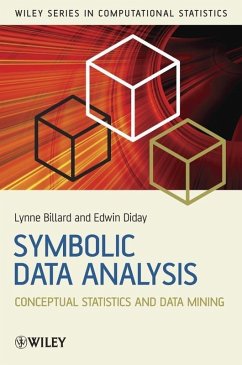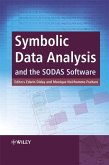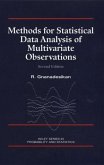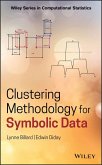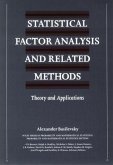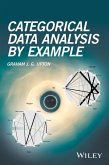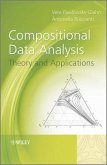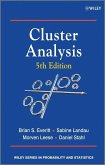With the advent of computers, very large datasets have become routine. Standard statistical methods don't have the power or flexibility to analyse these efficiently, and extract the required knowledge. An alternative approach is to summarize a large dataset in such a way that the resulting summary dataset is of a manageable size and yet retains as much of the knowledge in the original dataset as possible. One consequence of this is that the data may no longer be formatted as single values, but be represented by lists, intervals, distributions, etc. The summarized data have their own internal structure, which must be taken into account in any analysis. This text presents a unified account of symbolic data, how they arise, and how they are structured. The reader is introduced to symbolic analytic methods described in the consistent statistical framework required to carry out such a summary and subsequent analysis. * Presents a detailed overview of the methods and applications of symbolic data analysis. * Includes numerous real examples, taken from a variety of application areas, ranging from health and social sciences, to economics and computing. * Features exercises at the end of each chapter, enabling the reader to develop their understanding of the theory. * Provides a supplementary website featuring links to download the SODAS software developed exclusively for symbolic data analysis, data sets, and further material. Primarily aimed at statisticians and data analysts, Symbolic Data Analysis is also ideal for scientists working on problems involving large volumes of data from a range of disciplines, including computer science, health and the social sciences. There is also much of use to graduate students of statistical data analysis courses.
Dieser Download kann aus rechtlichen Gründen nur mit Rechnungsadresse in A, B, BG, CY, CZ, D, DK, EW, E, FIN, F, GR, HR, H, IRL, I, LT, L, LR, M, NL, PL, P, R, S, SLO, SK ausgeliefert werden.

